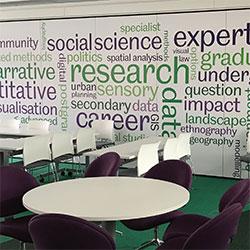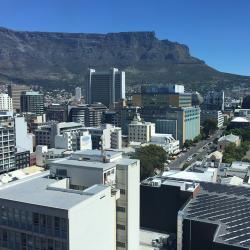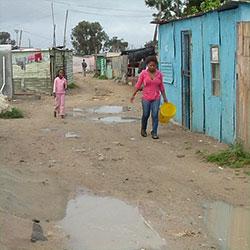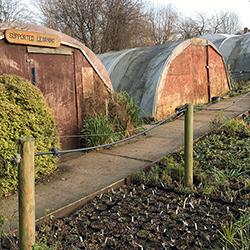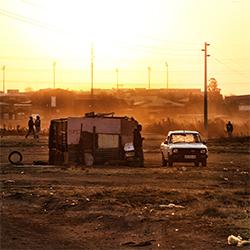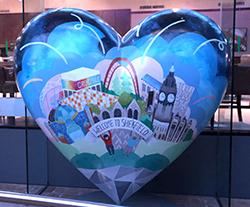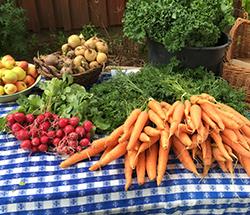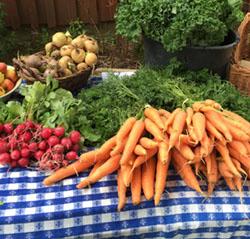Thematic networks has started in Gothenburg
During 2017 Mistra Urban Futures launched some thematic networks in Gothenburg as a new aspect of its activities. The network is a way for actors from the academic world, public administration and politics, business sector and civil society to meet around a specific theme and complex problems linked to sustainable urban development. Three of the networks that were launched are introduced below.
Here we introduce three of these networks. To find all networks and contact information to join, read more here.
Sustainable Urban Mobility Network
The Sustainable Urban Mobility Network brings together practitioners and researchers from different organisations. These currently include the City of Gothenburg, GR, Region Västra Götaland (VGR), the Swedish Transport Administration, IVL Swedish Environmental Research Institute and Sweco. The idea is both to identify knowledge requirements from the processes taking place in the current planning process and to initiate new research projects. This is achieved both through the collection of results from ongoing and completed research projects and by finding links to planning and matters for further investigation.

During 2017 the network focused on the issue of parking, since processes are under way in many cities in relation to changes to parking planning policy and there is a great need for knowledge. Earlier projects in Mistra Urban Futures found that car ownership and parking charges were interesting instruments for further study, from the perspective of what is required to increase the uptake of public transport. Last autumn the network held a seminar on parking planning and attractive cities, with participants from both Swedish cities and Oslo, and from several different fields of research including architecture and business economics.
Urban Food Network
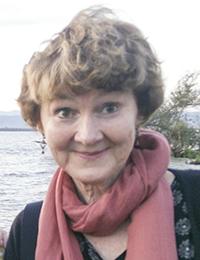
Hello Gunilla Almered Olsson!
You are a professor of human ecology at the University of Gothenburg and the head of the Urban Food Network. What is it? What do you do?
We are a network of researchers, practitioners, politicians and other social actors from not-for-profit associations and small companies with a common interest in urban food. The network addresses food-related challenges in the Gothenburg region, such as urban vulnerability, due to the large dependence on imported food and the global food system, and the lack of ecological and social sustainability through the growing segregation of ethnic and socio-cultural groups in the city, where food and food production can be a meeting place and a possible path to integration.
The network has several aims. One aim is to initiate and develop research projects on food system activities in city regions, while strengthening the relationship between the city and rural community. Another aim is to promote the knowledge development and coordination of actors involved in challenges in the field of urban food, such as food production on the municipality’s agricultural land, integration activities etc., and provide one another with information and market intelligence about food issues. The network also works as a reference group providing inspiration and advice for the work currently being undertaken on a food strategy for Gothenburg.
Why is this network based in Mistra Urban Futures?
The complex systems and challenges involved in “Food issues” require both academics and practitioners to address the subject and jointly formulate research questions. Such a working mode is at the core of Mistra Urban Futures. This is a perfect match!
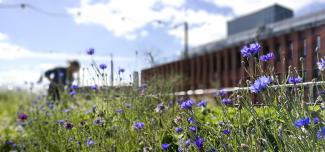
What do you hope that it will lead to?
My hope is that “food issues” or food system activities will become a tool for enhancing sustainability and resilience both in Gothenburg and in Västra Götaland through greater local and regional production of food. This will reduce dependence on global food systems, reduce vulnerability and increase food security for the city, while also stimulating rural development through new companies and agricultural activities. A very important dimension is the potential for the integration of newcomers into food system activities.
Network for learning about sustainable cities and regions (Lär-SUD)
The network for learning about sustainable cities and regions (Lär-SUD) was initiated by GR and the University of Gothenburg within Mistra Urban Futures and is directed towards teachers, educators and academics who are interested in research and training in sustainable urban development. The aim is to help to establish closer contacts between teachers, educators and researchers and to enhance research and teaching on sustainable urban development.
“It means a lot for GR’s ongoing work on learning about sustainable urban development to be involved and to run this network. It is hoped that it will indicate which aspects of learning about sustainable development are missing from the region’s schools, and where we need to come in and provide support. It will provide a good interface for networking on any future projects”, says Jonas Franzén from GR Training, who has been involved in and started the network.
The network met twice during the autumn. The last meeting was held at GR in December and focused on the exchange of experiences and examples of best practice by teachers dealing with sustainable urban development in the classroom.
2017 Annual report from the Göteborg Region Association of Local Authorities (GR)
Why is it important for municipalities to engage in a research and knowledge center such as Mistra Urban Futures? The latest annual report from the the Göteborg Region Association of Local Authorities (GR) answers this question. GR is one of the center's consortium partners in Gothenburg and was also one of the organizations that initiated the Centre. This article about the thematic networks is part of the annual report. Find the report here.
